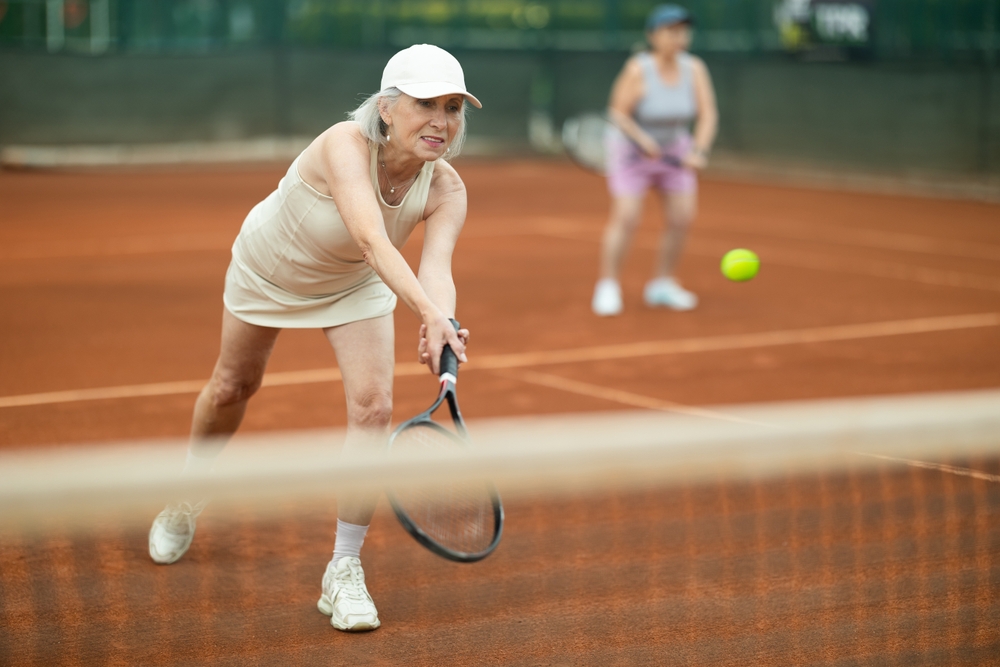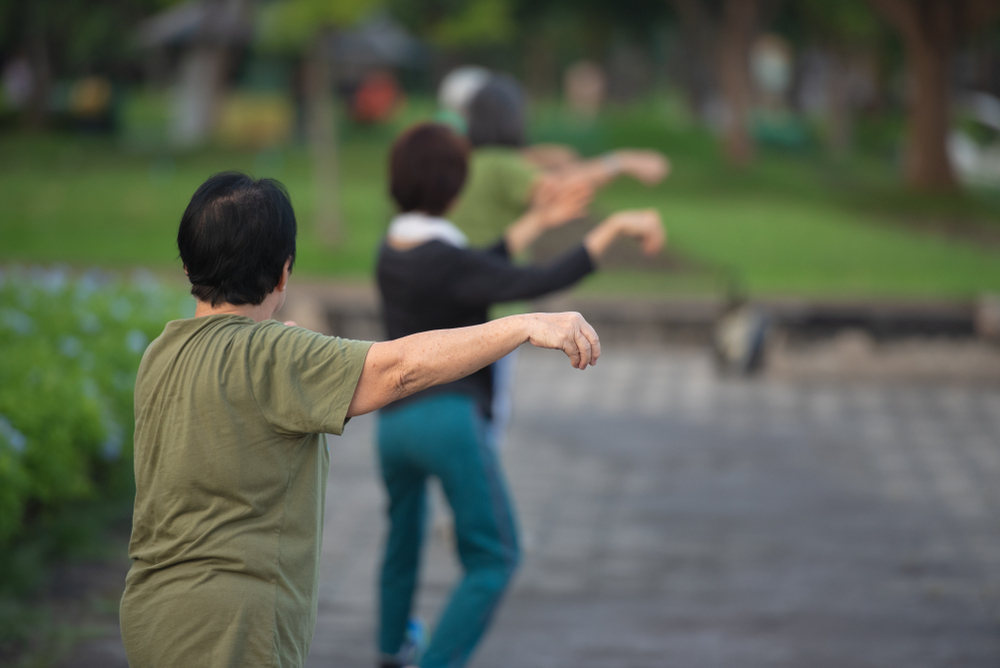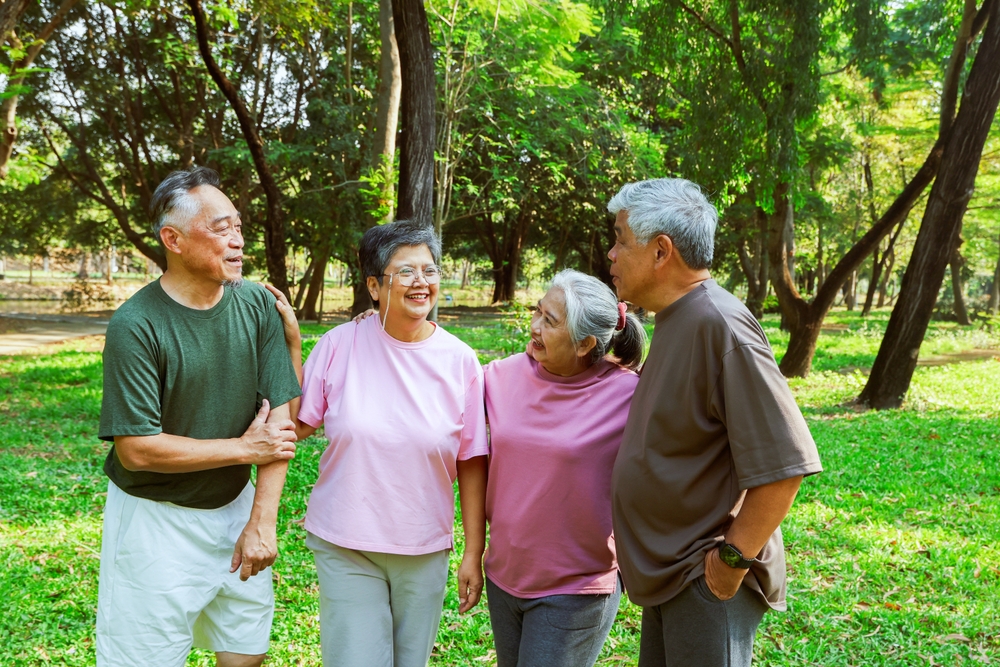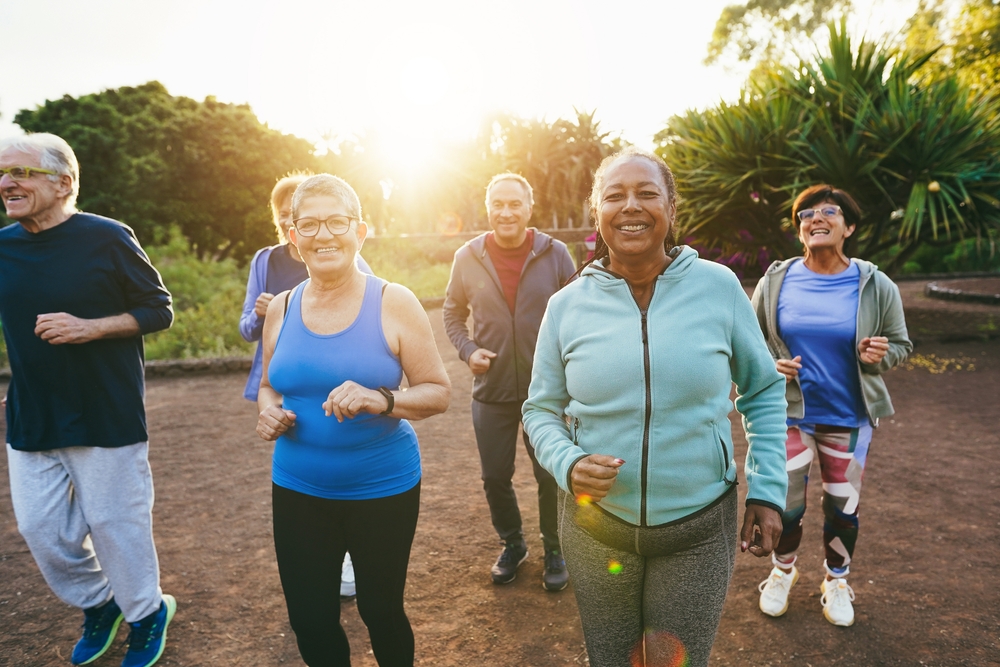Playing Tennis for Elderly Exercise
Category:

Tennis is a popular sport for older adults for a variety of reasons. Simply picking up a racket and engaging in a competition with friends can provide numerous benefits. This can range from improved cardiovascular health to improved mental wellness. In this post, we will review the benefits of tennis for older adults and some tips on how to pick the game up. Now, get ready to serve up some fun.
Benefits of Tennis for Elderly
For old people, tennis can have numerous health benefits. Some benefits of tennis for old people include:
- Improved cardiovascular health. Playing tennis can lower bad cholesterol, raise good cholesterol, and reduce the risk of heart disease.
- Boosted bone density. Older adults can be more susceptible to fractures and weight-bearing activities, like tennis, require your body to work against gravity. These activities stimulate your bones to produce more tissue, make bones stronger and denser, and protect against osteoporosis and fractures.
- Increased muscle strength. With age, muscle mass naturally decreases and makes older adults more susceptible to disability and falls. With tennis, you’re swinging a racket, using your leg strength to move closer to the ball, serving, and various other activities to improve upper body strength, lower body strength, abdominal muscles, and core strength.
- More social engagement. Tennis provides camaraderie and competition to create a social atmosphere. It can create an excuse for friends to get together and tighten bonds. This can help prevent social isolation, which can in turn decrease the risks of dementia, stroke, heart disease, and premature death.
- Improved sleep. Exercise can be an effective way to treat chronic insomnia, a condition that is common in people over the age of 60. Chronic sleep deprivation can affect general cognition and can lead to depression, high blood pressure, heart disease, and diabetes.
- Improved cognitive functioning. Tennis requires quick decision-making, strategic thinking, and problem-solving skills. It can also help enhance focus, concentration, and hand-eye coordination.
- Improved mental wellness. Aerobic activities such as tennis can alleviate stress, elevate mood, and diminish anxiety and depression. These positive effects on mood stem partly from the reduction of stress hormones like adrenaline and cortisol during exercise. Simultaneously, physical activity triggers the release of positive hormones, including dopamine, endorphins, and serotonin.
Download Our FREE Path to Care Guide
Tennis for Seniors: Learning How to Play
For the elderly, tennis can be a little difficult to pick up since you need equipment, a partner, and a location to play. There’s also the learning curve as well. Older adults can engage in:
- Tennis lessons for seniors. This can be a great way to improve technique and many instructors can adapt to their student’s ability level.
- Online videos and guides. Check out some tutorials on YouTube or read some online guides if you’re a do-it-yourself type of person.
- Find a league. Take a look at your community and see if there’s a tennis league or club at your local YMCA, sports complex, or country club.
- Try pickleball. This game is played on a smaller section of a tennis court with a plastic ball and paddle. The sport is also easier on seniors’ joints
To learn more about our home care services, contact our caregiving team today at 1-800-GRISWOLD or find a Caregiver near you.
Subscribe
Date: 2024-08-06
Category:


